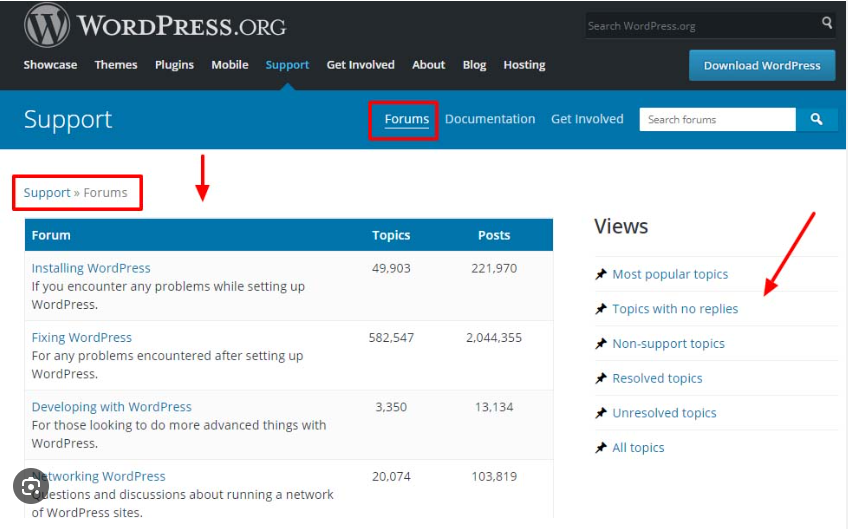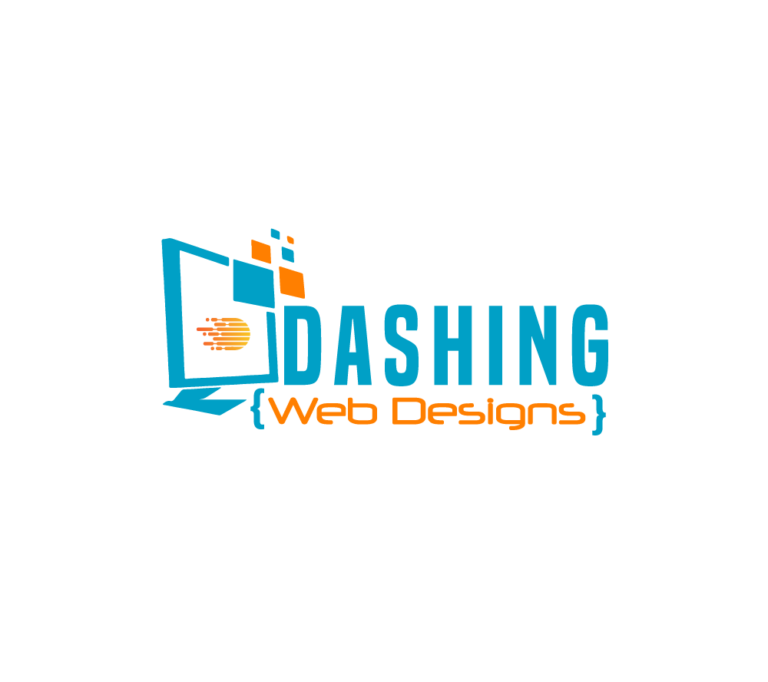Introduction
In 2023, WordPress continues to be an essential platform for individuals and businesses alike, holding its significance in the digital landscape. With its user-friendly interface, extensive customization options, and robust plugin ecosystem, WordPress remains the go-to choice for creating dynamic and visually appealing websites. Its versatility allows users to build anything from simple blogs to complex e-commerce platforms, catering to a diverse range of needs. Moreover, WordPress’s search engine optimization (SEO) capabilities make it an invaluable tool for boosting online visibility and driving organic traffic. As the internet evolves, WordPress adapts and innovates, ensuring its relevance and indispensability in 2023 and beyond.
Overview:
- Ease of use
- Customization
- SEO-Friendliness
- Community and Support
- Scalability
- Integration and Compatibility
- Security
- Regular Updates
- Strong Passwords and User Permissions
- Security Plugins
- Conclusion
Ease of Use:
WordPress is known for its user-friendly interface, allowing even non-technical users to create and manage websites with relative ease. It offers a visual editor and a wealth of resources, making content creation and website management straightforward.
Customization:
WordPress offers a vast library of themes and plugins, allowing users to customize their websites to suit their specific needs. Whether you’re building a personal blog or an e-commerce site, you can find themes and plugins to enhance the functionality and design of your site.
SEO-Friendliness:
WordPress is inherently SEO-friendly, with built-in features that help improve your website’s visibility in search engine rankings. It generates clean and semantic code, provides customizable permalinks, and offers plugins like Yoast SEO to optimize your content for search engines.
- WordPress offers a range of SEO-friendly features, including customizable permalinks, meta tags, and headings, allowing users to optimize their content for search engines and improve organic visibility.
- The vast selection of SEO plugins available for WordPress, such as Yoast SEO and All in One SEO Pack, provides advanced tools for on-page optimization, keyword analysis, XML sitemap generation, and more, simplifying the process of optimizing a website for better search engine rankings.
- WordPress themes are designed with SEO in mind, ensuring clean and efficient code, mobile responsiveness, and fast loading times, factors that positively impact search engine rankings and user experience.
- WordPress’s user-friendly content management system (CMS) makes it easy to regularly update and publish fresh content, a crucial aspect of SEO. With intuitive editing tools and the ability to schedule posts, WordPress enables consistent content creation, which helps attract and engage users while signaling relevance to search engines.
- WordPress’s strong community support and regular updates ensure that the platform stays up to date with the latest SEO best practices. This continuous development and improvement contribute to maintaining and enhancing the SEO friendliness of WordPress websites, making it a reliable choice for achieving optimal search engine performance.
Mobile Optimization
In the mobile-driven world of 2023, having a responsive website is crucial. WordPress themes are designed to be mobile-friendly, ensuring that your site looks and functions well on different devices, including smartphones and tablets.
Community and Support:
WordPress has a massive and active community of developers, designers, and users who contribute to its development. This vibrant community ensures that WordPress remains up-to-date, secure, and well-supported. You can find help, tutorials, and resources easily, making problem-solving and learning more accessible.

Scalability:
WordPress is highly scalable, allowing your website to grow alongside your needs. Whether you start with a simple blog or an e-commerce store, WordPress can accommodate the expansion of your site without major technical challenges.
WordPress offers scalability options that allow websites to grow and handle increasing traffic and content without sacrificing performance. It can handle small-scale personal blogs as well as large enterprise websites with thousands of pages and heavy traffic.
WordPress’s modular architecture and extensive plugin ecosystem make it highly adaptable and scalable. Users can add or remove plugins and features as needed to meet the evolving demands of their website. This flexibility enables businesses to scale their websites without the need for significant code changes or complex development processes.
WordPress’s robust caching mechanisms and database optimization features improve website performance and ensure scalability. With the ability to cache pages and minimize database queries, WordPress can handle high traffic volumes more efficiently, reducing server load and improving overall scalability.
Integration and Compatibility:
WordPress integrates well with various third-party services and tools. It supports popular plugins, e-commerce platforms, analytics solutions, and social media integration, making it versatile and adaptable to your business requirements.
Elementor: A powerful drag-and-drop page builder plugin that allows users to create stunning and customizable website layouts without any coding knowledge. It offers a wide range of design elements, templates, and widgets for enhanced website customization.
Yoast SEO: One of the most popular SEO plugins for WordPress, Yoast SEO helps optimize your website for search engines. It provides tools for on-page optimization, content analysis, XML sitemap generation, and meta tag management to improve search engine rankings.
WooCommerce: A feature-rich e-commerce plugin that transforms your WordPress website into a robust online store. It offers inventory management, payment gateway integration, product listings, and various customization options to create a seamless and scalable e-commerce experience.
Jetpack: A comprehensive plugin that enhances your website’s performance, security, and visitor engagement. Jetpack offers features like site stats, social sharing, content delivery network (CDN), brute force attack protection, and downtime monitoring, among others.
WPForms: A user-friendly contact form plugin that allows you to create custom forms for your website. It offers a drag-and-drop form builder, pre-built form templates, spam protection, and integration with popular email marketing services, making it easy to collect and manage user inquiries.
Akismet: An essential plugin for spam protection, Akismet filters out spam comments on your WordPress website. It automatically detects and blocks suspicious comments, ensuring that your site remains free from spam and maintaining a clean user experience.
Security:
While no platform is entirely immune to security threats, WordPress has robust security measures in place. Its open-source nature allows for constant monitoring and improvement, and a vast array of security plugins and best practices are available to enhance your website’s protection against vulnerabilities.
Regular Updates:
Keeping your WordPress installation, themes, and plugins up to date is crucial for maintaining a secure website. Updates often include security patches that address vulnerabilities, so make sure to regularly check for and apply updates to minimize the risk of exploitation.
Strong Passwords and User Permissions:
Ensure that you use strong, unique passwords for your WordPress admin accounts and limit user access to only those who require it. Assign appropriate user roles and permissions to prevent unauthorized access and reduce the likelihood of security breaches.
Security Plugins:
Utilize security plugins specifically designed for WordPress to enhance the security of your website. Plugins like Wordfence Security and Sucuri Security offer features such as malware scanning, firewall protection, login protection, and two-factor authentication. These tools can help detect and prevent security threats, providing an extra layer of defense for your WordPress site.







